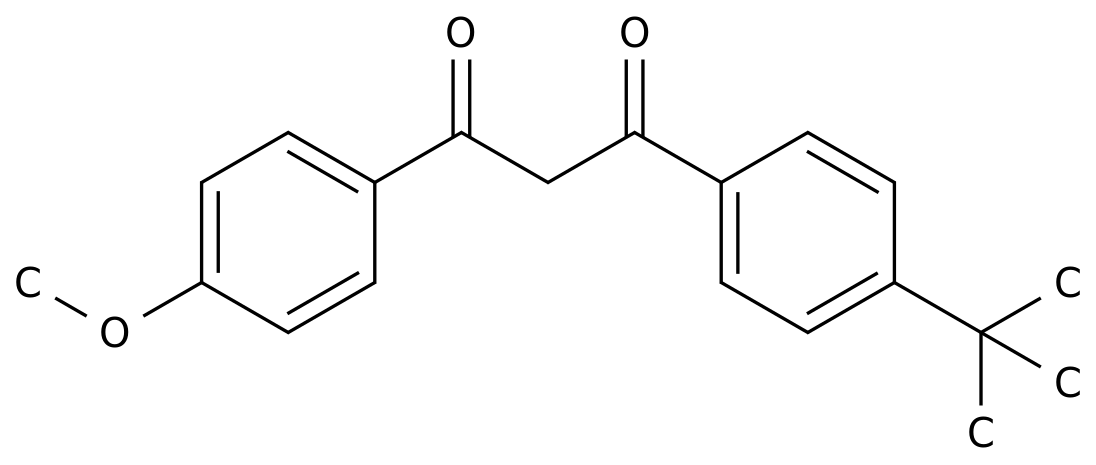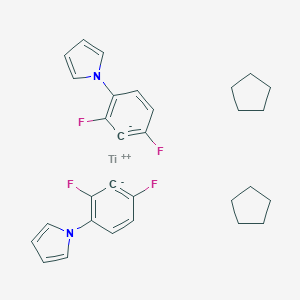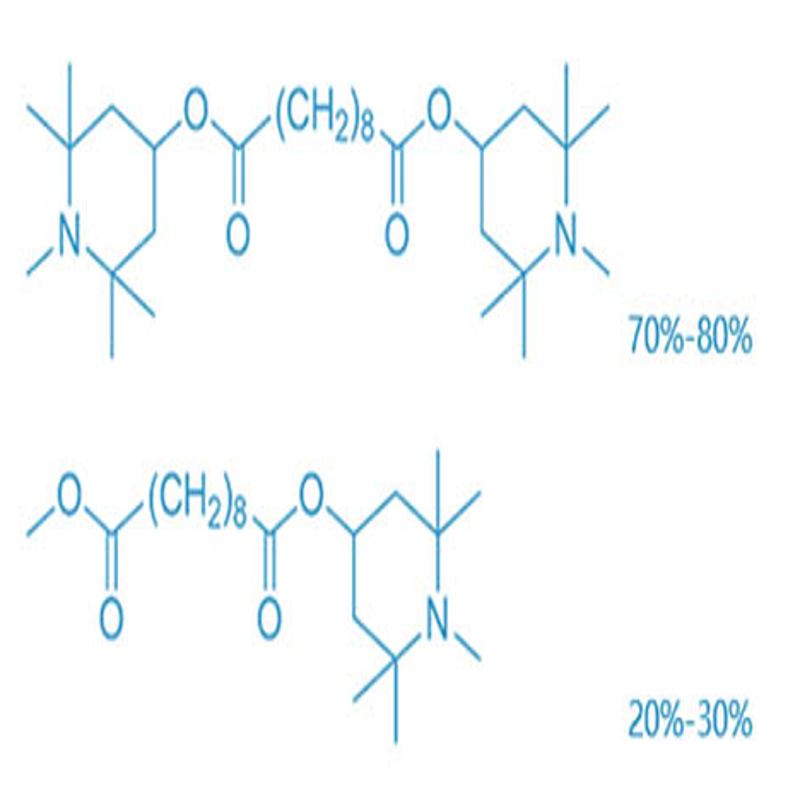-
Categories
-
Pharmaceutical Intermediates
-
Active Pharmaceutical Ingredients
-
Food Additives
- Industrial Coatings
- Agrochemicals
- Dyes and Pigments
- Surfactant
- Flavors and Fragrances
- Chemical Reagents
- Catalyst and Auxiliary
- Natural Products
- Inorganic Chemistry
-
Organic Chemistry
-
Biochemical Engineering
- Analytical Chemistry
-
Cosmetic Ingredient
- Water Treatment Chemical
-
Pharmaceutical Intermediates
Promotion
ECHEMI Mall
Wholesale
Weekly Price
Exhibition
News
-
Trade Service
Global Chemicals Quick Review
The 2016 Global Chemical "$1 Billion Club" was freshly released
A few days ago, the American "Chemical Week" announced the latest ranking
of the 2016 World Chemical $1 billion Club based on the 2015 chemical business operating income of the shortlisted companies.
A total of 106 companies in this year's rankings with more than $3 billion in chemical sales have qualified
for the list.
BASF once again topped the list with chemical sales of around $59.
3 billion in 2015
.
Driven by lower oil prices, about 56 percent of the companies on this year's list saw a decline in chemical sales revenue in dollar terms, mainly due to lower prices for most products in 2015 and depreciation in some currencies, but earnings increased
over the same period.
Of the companies on this year's list that provided operating profits from their chemical business, 74 percent saw earnings growth in 2015, and the median chemical operating profit reached $743 million, up 19 percent
year-over-year.
The average operating margin of the chemical business of the listed companies reached about 12.
3%.
Asian markets for refined products are oversupplied
According to BP, refining capacity in Asia has increased significantly from 24.
3 million b/d in 2005 to more than 32.
5 million b/d in 2015, with more than 8 million b/d
of new capacity.
Most of the new refining capacity in the region comes from non-OECD countries
such as China, India, Indonesia, Vietnam, Thailand and Malaysia.
However, China's economic slowdown is eroding refining profits in the region, and its excess refining capacity has transformed the country into a net exporter of
refined products.
China's refined oil, mainly diesel and gasoline, have poured into the Asian regional market
.
As a result, new refineries in the Middle East have begun to export high-quality refined products to Asian markets, adding to the oversupply of refined products in the region
.
The oversupply has impacted refining margins in Asia, while forcing refiners in the region to cut plant runs to maintain profitability
.
Moody's: The global integrated oil and gas business is stabilizing
It is reported that the recent research report released by Moody's Investors Service shows that the global integrated oil and gas business is stabilizing, and the next 12~18 months may start from the recent historical low to rebound
moderately.
Moody's said the rebound in oil prices and lower operating costs are contributing to a steady improvement
in earnings for integrated oil and gas companies.
Elena Nadtotchi, vice president at Moody's, said, "Over the past year, integrated oil and gas companies have accelerated the reduction in operating costs to accommodate the continued decline
in oil prices.
As a result, most integrated oil and gas companies' upstream operations have turned losses into wins in the second quarter of 2016, benefiting from the rebound
in oil prices.
"Moody's predicts that the continuous decline in oil and gas investment will lead to global oil and gas production stagnation
in the next 3~5 years.
From the current situation, the average price of Brent crude oil next year will be higher than the previous expectation of $45 / barrel, which will be the main driver
for oil and gas companies to accelerate the improvement of earnings and cash flow levels.
The market share of the EU chemical industry will continue to shrink
The European Chemical Industry Council (Cefic) said the European chemical industry's share of the global market will shrink
further.
Jean-Pierre Clamadieu, chief executive of Belgium's Solvay Group, the association's president, said EU chemical sales revenue had increased by almost 60 percent over the past 20 years, but its share of the global market had fallen by almost half
.
EU chemical sales revenue has fallen continuously, from 536 billion euros ($598.
9 billion) in 2014 to 519 billion euros in 2015, and its share of the global market fell from 17.
3% to 14.
7%
over the same period 。 Cladieu said that the share of the EU chemical industry in the global market will continue to decline in the next 15 years, reaching 6.
3 trillion euros by 2030, while the EU's share will fall to 12%, while China will continue to dominate, its share will rise from 39.
9% in 2015 to 44%
in 2030.







